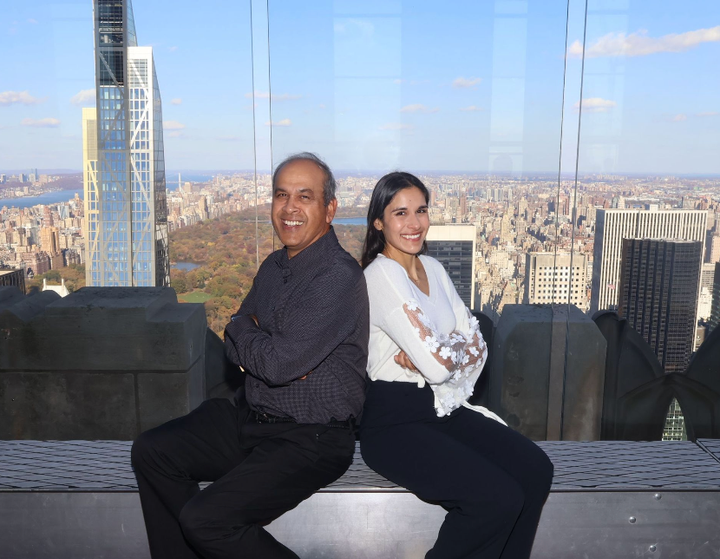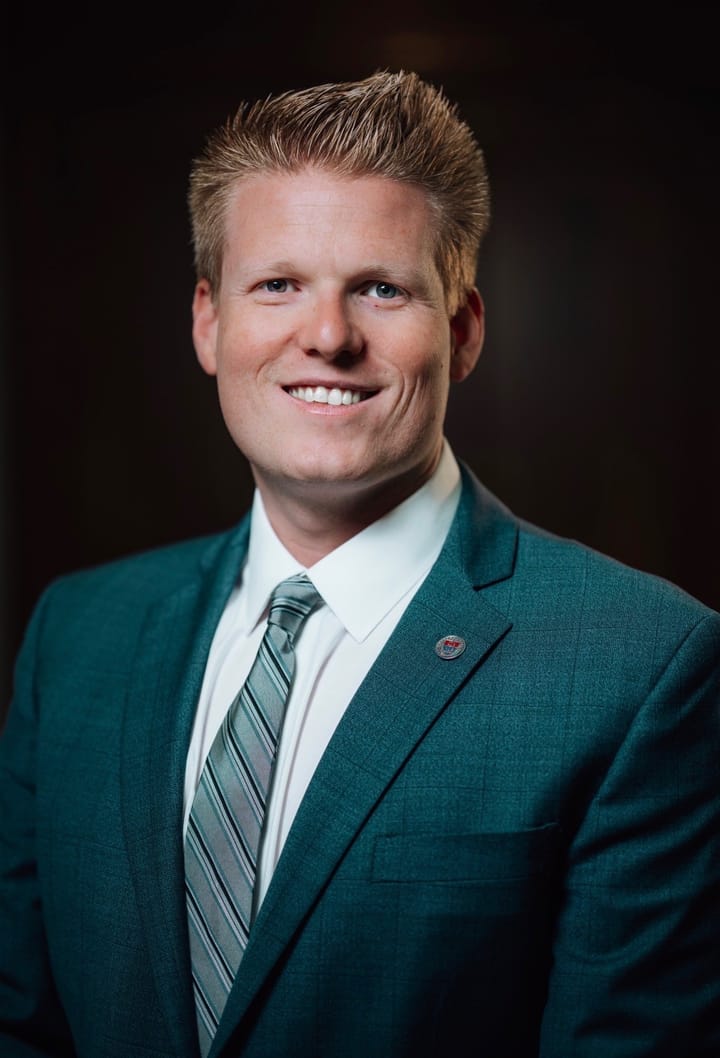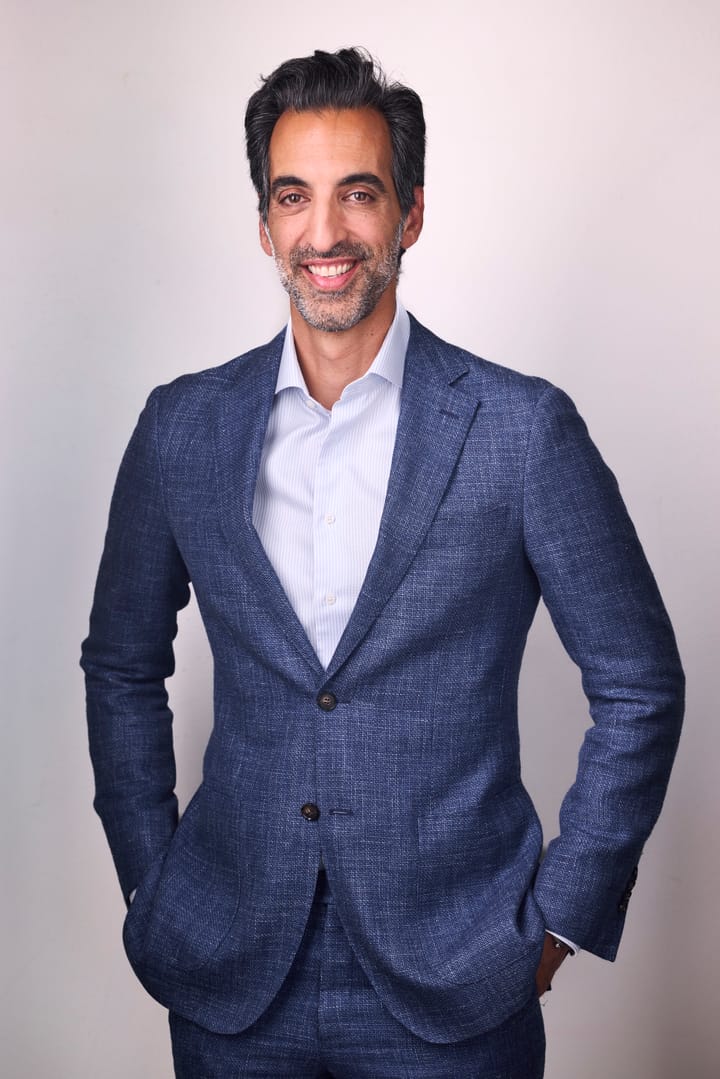What lawyers can learn from a legal tech founder
Omnizant's CEO on what firms still miss

Despite working in a profession dedicated to precedent, attorney Fred Cohen has always been one to push the boundaries of what’s possible. It’s a trait that has served him well as a legal tech entrepreneur who has founded, grown and sold a few different companies.
Today, he’s the CEO of Omnizant, a legal marketing agency he started nearly two decades ago. He sat down with Raise the Bar to talk about the parallels between lawyering and entrepreneurship.
— Interview by Emily Kelchen, edited by Bianca Prieto

You’ve founded multiple companies and practiced trusts and estates in between. That’s a winding path. Is that what you envisioned for your life?
It's true, my career path has certainly been a winding one, though not by design. It might not seem like it, but I’m actually a reluctant entrepreneur, even if I am not impervious to chasing shiny objects.
For me to dive into a new venture, I have to be absolutely convinced that it is a radically better mousetrap; something that delivers transformative value over the state of the art. This is so key because market resistance, competition and customer inertia are so difficult to overcome when launching a new product.
Is that slow-to-adopt mindset unique to the legal field, or something you think is true in general?
Honestly, I’m seeing that lawyers are increasingly tech-forward, whether it's leveraging AI, using cloud-based software or embracing digital marketing strategies. The days of widespread tech aversion are behind us. That said, many firms are still treating technology as a disconnected “IT” resource, rather than recognizing it as a strategic pillar that can deliver a competitive advantage. The firms that excel are the ones that see technology as central to their firm's future, not just a back-office utility.
Is that a two-way street? Or do technologists have a pretty good understanding of what the lawyers they work with/for are doing?
Techies don’t always appreciate that lawyers are subject to different incentives. Their job isn’t just to innovate, as they are often legally and ethically bound to protect their clients from risk.
One thing I always found interesting is how both legal drafting and coding have so much in common. Both require defining key terms or “variables” up front, then reusing those consistently throughout to avoid ambiguity, unnecessary repetition or errors. Each also depends on precise syntax, logical conditionals and cross-referencing, whether it’s a contract clause that triggers upon certain events or a function call that executes under specific conditions.
How did your skills as a lawyer help or hurt you in the tech startup world?
I guess one could argue that experience as a lawyer is a net negative: over-cautiousness, focus on precedent, etc. But given that two of my largest ventures (Omnizant and CARET Legal) served the legal industry, having the perspective of the attorneys and law firms we’re serving has been absolutely invaluable.
In the age of AI, I see my role as equal parts visionary and client advocate. I’m putting every skill set I have to use to make sure our team is always pushing the boundaries of what's possible in order to get great results for our clients.
You're all caught up!
Thanks for reading today's edition! You can reach the newsletter team at raisethebar@mynewsletter.co. We enjoy hearing from you.
Interested in advertising? Email us at newslettersales@mvfglobal.com
Was this email forwarded to you? Sign up here to get this newsletter every week.
Raise the Bar is written and curated by Emily Kelchen and edited by Bianca Prieto.




Comments ()